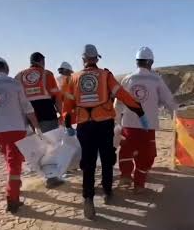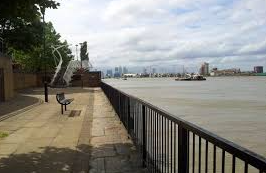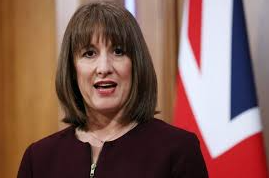
Key Economies Respond to the US President’s Trade Measures and Their Potential Consequences
The latest tariffs announced by US President Donald Trump are set to have far-reaching effects on international trade. While the European Union and other US allies have strongly opposed the move, China may view it as a strategic opportunity.
Europe Seeks Retaliation Without Escalation
By Katya Adler, Europe Editor, Brussels
European Commission President Ursula von der Leyen warned that the new tariffs would bring severe disruptions worldwide. She stated that navigating through the economic turmoil caused by these measures would be extremely difficult.
The European Union has vowed to safeguard its industries, with sectors like German automobiles, Italian luxury goods, and French wines among the most affected. French President Emmanuel Macron has called for an urgent meeting with business leaders to discuss countermeasures.
As the world’s largest single market, the EU has the power to impose retaliatory measures on American products, including targeting major technology firms. However, officials stress that their objective is to push the US back to the negotiating table rather than escalate tensions further.
Italian Prime Minister Giorgia Meloni expressed her disapproval of the tariffs but signalled a willingness to engage in diplomatic efforts to reach a resolution.
China Sees an Opportunity Amid the Trade War
By Stephen McDonell, China Correspondent, Beijing
While the 54% tariff on Chinese imports will significantly impact businesses, Beijing is also using Trump’s policies to reinforce its global positioning.
Chinese President Xi Jinping has been presenting China as a leader in free trade and multilateralism, in contrast to the US’s more protectionist stance. Recent high-profile meetings between Xi and top global business executives, including European leaders, have bolstered this narrative.
China’s state media has swiftly condemned the new US tariffs, portraying them as evidence of American instability and self-interest. Trump’s aggressive trade stance could unintentionally strengthen China’s economic partnerships, as nations seeking stability may turn to Beijing.
Mixed Reaction in the UK: Relief but No Celebration
By Chris Mason, Political Editor, London
UK officials had anticipated that Britain would not face the worst of Trump’s new tariffs, but they were unprepared for the specifics. Now, with a 10% duty imposed on UK exports, the response is a mix of relief and concern.
Although Britain avoided the harshest tariffs, the impact on industries such as automotive manufacturing remains a major worry. The broader effects on global trade could also disrupt supply chains and employment.
Negotiations between British and American trade officials are ongoing, with UK representatives prepared to travel to Washington should a deal seem within reach.
India Faces Challenges but Spots Openings
By Nikhil Inamdar, Business Correspondent, Delhi
While Asian economies are among the hardest hit by the tariffs, India has been spared the worst. The 26% levy on Indian exports is still a significant hurdle, particularly for labour-intensive sectors.
Experts predict a ripple effect, potentially slowing domestic economic growth. However, there is cautious optimism in certain industries. India’s electronics sector, for instance, may benefit as trade routes shift away from Vietnam due to its steeper tariff rate.
Unlike other major economies, India has so far maintained a diplomatic stance towards the US and continues trade negotiations. Pharmaceuticals, which constitute India’s largest industrial export, have been exempted from the tariffs, providing some relief.
African Economies Hit Hard as Aid Cuts Compound the Impact
By Wycliffe Muia, Nairobi
Trump’s tariffs are expected to be particularly damaging for African nations, with South Africa facing a 30% tax and Lesotho seeing a 50% hike.
The timing is especially difficult, as many African economies are already dealing with reduced US foreign aid, which previously funded crucial health and humanitarian initiatives.
South Africa, along with other major economies like Nigeria and Kenya, has historically maintained open trade agreements with the US. Now, those relationships are under threat.
Responding to the announcement, the South African government criticised the tariffs as “punitive” and warned that they could create significant trade barriers rather than fostering economic cooperation.

















